Common Orthodontic Problems
Orthodontic issues are incredibly common; most people don’t have naturally perfect teeth. Whether due to genetics, habits like thumb sucking, trauma, or developmental factors, misaligned teeth and bite problems (known as malocclusion) can affect both your oral health and your appearance.
Dr. Amir Davoody is here to help you or your child understand and correct these issues through expert orthodontic care. Early diagnosis and treatment can improve chewing, speech, oral hygiene, and overall smile aesthetics.
What Causes Malocclusion?
Orthodontic issues may arise from a variety of causes, including:
Genetics or inherited traits
Thumb or finger sucking habits
Injury or trauma to the jaw or teeth
Poor oral hygiene or early loss of baby teeth
Medical conditions or birth defects
No matter the cause, we offer personalized solutions to help restore proper alignment and function.
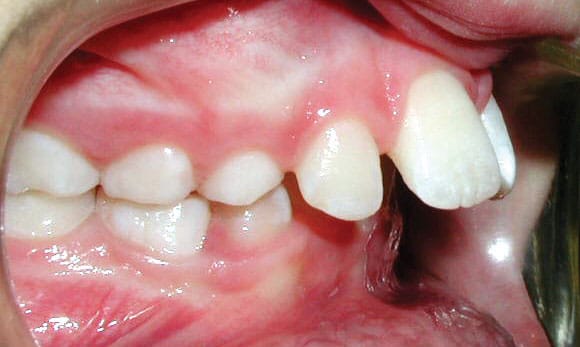
Upper Front Teeth Protrusion
The upper front teeth extend too far forward, or the lower teeth do not extend far enough. This can affect both function and facial appearance.
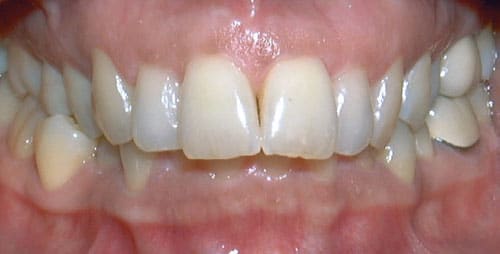
Overbite
When the upper front teeth excessively overlap the lower front teeth, they may cause the lower teeth to bite into the roof of the mouth, leading to discomfort or injury.
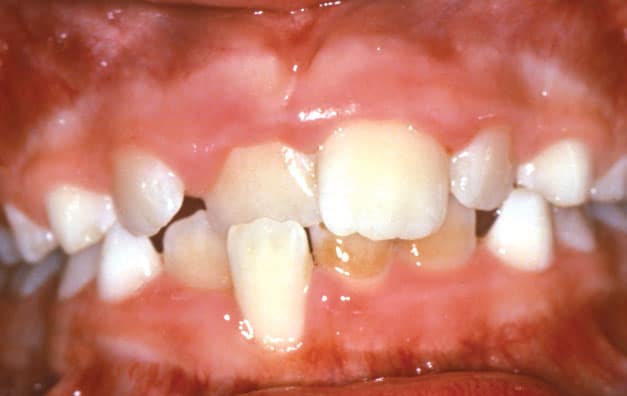
Crossbite
In a crossbite, the upper teeth fit inside the lower teeth. This misalignment can contribute to uneven jaw growth and wear on teeth.
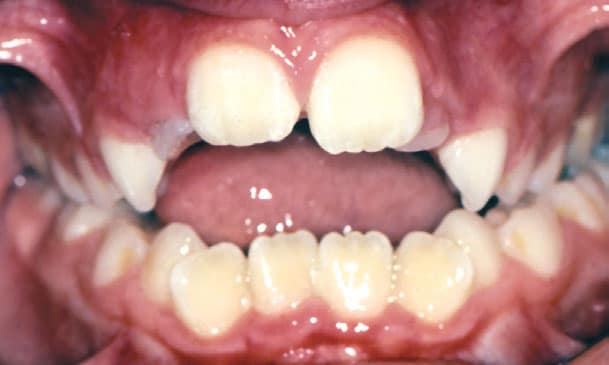
Open Bite
An open bite occurs when the upper and lower front teeth do not touch when the mouth is closed, making it difficult to bite or chew properly. It is often associated with tongue thrusting or thumb sucking.
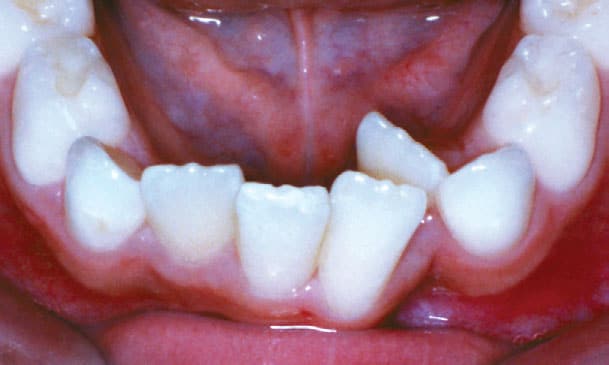
Crowding
When teeth don’t have enough room to erupt properly, they may overlap or become misaligned. Crowding can often be resolved with orthodontic expansion, without the need for tooth removal.
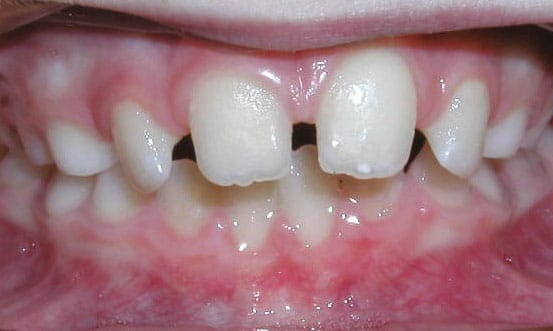
Spacing
Extra space between teeth may be due to missing teeth or simply a cosmetic concern. Orthodontic treatment can help close gaps for a more balanced smile.
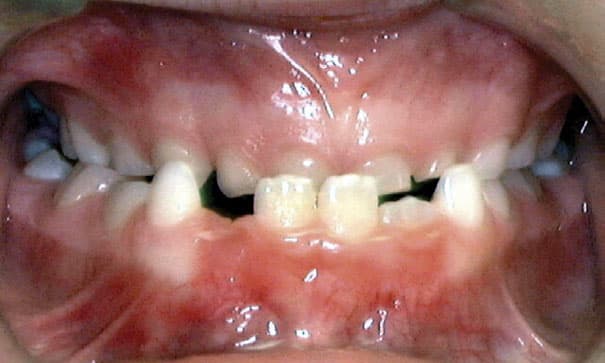
Underbite
In this case, the lower jaw extends further than the upper jaw, causing the lower teeth to sit in front of the upper teeth. Underbites can lead to difficulty chewing and uneven wear on teeth.

